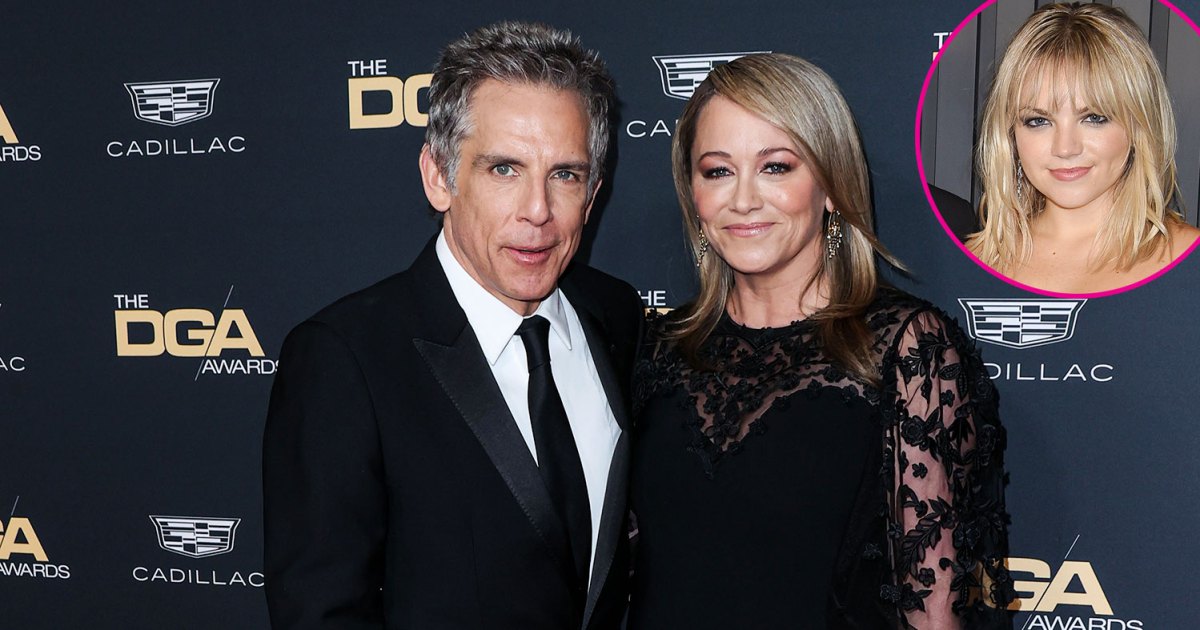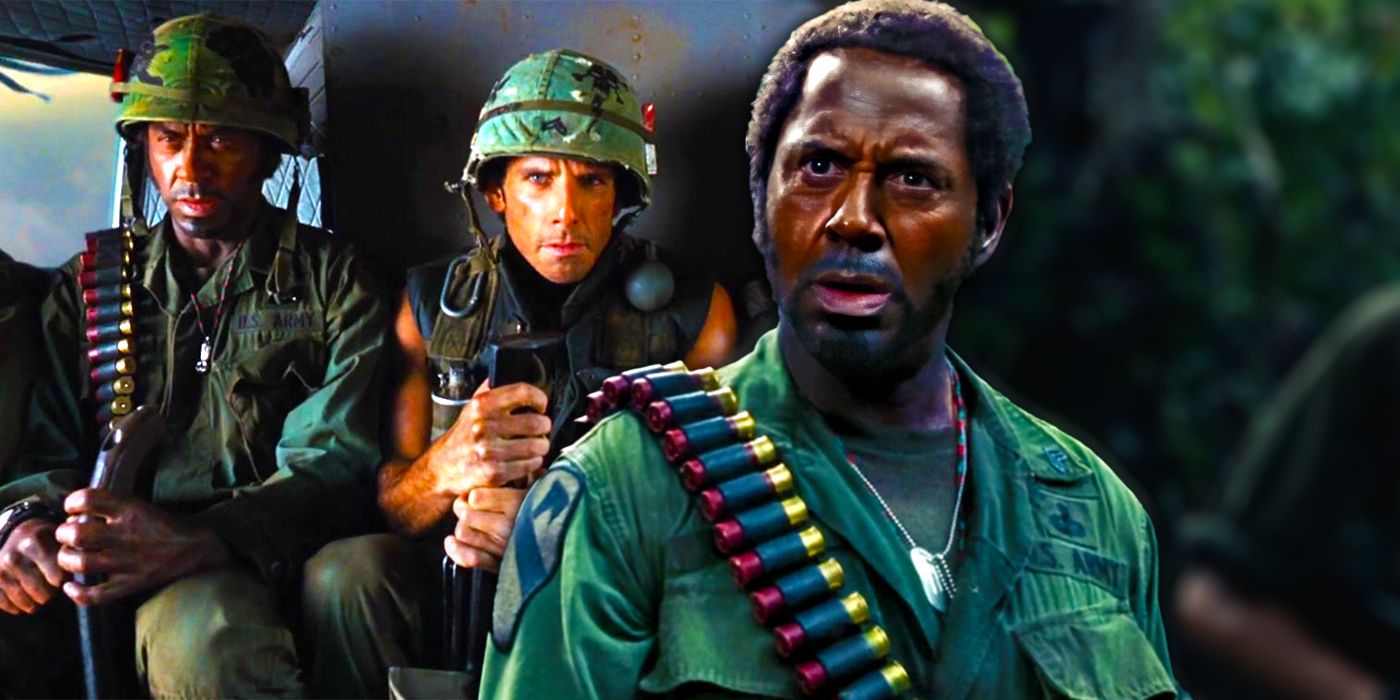
The Controversial Legacy of Ben Stiller's Tropic Thunder

Exploring the enduring controversy surrounding Ben Stiller's movie, Tropic Thunder, and the refusal of its stars to make apologies for the film.
The Nature of Controversial Movies
Controversy in movies can stem from various elements, from graphic violence to sensitive religious themes. Some films have faced backlash for their authentic depiction of violence, such as Cannibal Holocaust, which was mistaken for a snuff film due to its realistic gore and real animal killings. Similarly, Faces of Death interwove actual deaths, contributing to its grim reputation.
On the other hand, certain movies, like Martin Scorsese's The Last Temptation of Christ and Mel Gibson's The Passion of the Christ, have faced criticism for their portrayal of religious themes, prompting death threats and allegations of anti-Semitism. These examples highlight the diverse reasons behind movie controversies, each sparking heated debates and public outrage.
The Notorious Tropic Thunder
Tropic Thunder, a movie directed by and starring Ben Stiller, has remained a subject of controversy for over 15 years since its release. The film attracted significant attention for two specific elements: Robert Downey Jr.'s portrayal of a white method actor in Blackface and Stiller's depiction of a character with mental disabilities.
Despite the criticism and calls for apologies, Ben Stiller has staunchly refused to express remorse for the movie. He has adamantly defended the film, emphasizing that it has always been a source of controversy and that he is proud of the work put into it. Additionally, the removal of the official Simple Jack website following backlash from disability advocacy groups further fueled the debate surrounding the film's portrayal of disabilities.
In his defense of the movie, Stiller highlighted that the satirical nature of Tropic Thunder aimed to mock actors who exploit serious subjects for accolades. This perspective was echoed by his co-writer, Etan Coen, who emphasized that the film aimed to satirize actors who use sensitive material for personal gain, rather than mock individuals with disabilities.
Robert Downey Jr., who played the character in Blackface, has also shared his perspective on the role. Despite initial doubts, he defended his portrayal as a commentary on the self-involved nature of artists and their perceived entitlement in pushing boundaries. His candid reflections on the character further added depth to the ongoing discussions about the film's controversial content.
The Unwavering Stance
The enduring controversy surrounding Tropic Thunder and the refusal of its stars to issue apologies reflect a broader trend in the entertainment industry. It raises questions about the intersection of artistic expression, social responsibility, and the impact of creative choices on marginalized communities.
The uncompromising stance of Ben Stiller and Robert Downey Jr. serves as a catalyst for critical conversations about the boundaries of artistic freedom and the ethical considerations in portraying sensitive subjects on screen. Their unwavering defense of the film challenges conventional expectations of accountability and remorse in the face of controversy, prompting deeper reflections on the role of filmmakers and actors in shaping public discourse.
Ultimately, the legacy of Tropic Thunder continues to provoke discussions about the complexities of artistic expression, societal sensitivities, and the responsibility of creators in navigating contentious themes. The refusal to make apologies for the film underscores the enduring impact of controversial movies and the enduring debates they inspire.












